Search
Search Results

Definition
Gnosticism
Gnosticism is the belief that human beings contain a piece of God (the highest good or a divine spark) within themselves, which has fallen from the immaterial world into the bodies of humans. All physical matter is subject to decay, rotting...
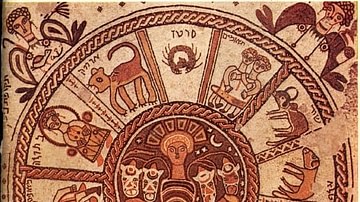
Definition
Western Astrology
Western astrology refers to a form of divination based on the motion of astronomical objects such as stars or planets. The belief that astronomical objects are divine or influence events on Earth is found in many cultures, but the practices...

Definition
Cadoudal Affair
The Cadoudal Affair, or the Pichegru Conspiracy, was a failed royalist attempt to kill or kidnap Napoleon Bonaparte (1769-1821), then the First Consul of the French Republic, and restore the House of Bourbon to the French throne. The conspiracy's...
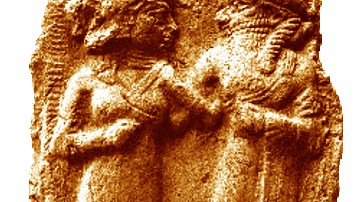
Article
Inanna's Descent: A Sumerian Tale of Injustice
The Sumerian poem, The Descent of Inanna (c. 1900-1600 BCE) chronicles the journey of Inanna, the great goddess and Queen of Heaven, from her realm in the sky, to earth, and down into the underworld to visit her recently widowed sister Ereshkigal...
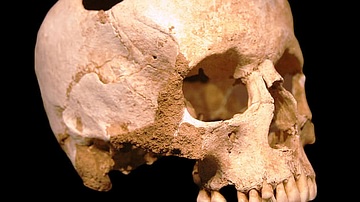
Definition
Trephination
Trephination (also known as trepanning or burr holing) is a surgical intervention where a hole is drilled, incised or scraped into the skull using simple surgical tools. In drilling into the skull and removing a piece of the bone, the dura...
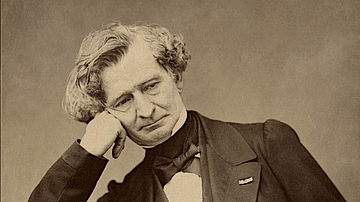
Definition
Hector Berlioz
Hector Berlioz (1803-1869) was the leading French composer of Romantic music, best known for his innovative Symphonie fantastique and use of large-scale orchestras and choruses in works like The Trojans opera. Berlioz's innovative style brought...

Video
Holst: The Planets, Op. 32 - 1. Mars, the Bringer of War
Provided to YouTube by Universal Music Group Holst: The Planets, Op. 32 - 1. Mars, the Bringer of War · Berliner Philharmoniker · Herbert von Karajan · Gustav Holst Holst: The Planets ℗ 1981 Deutsche Grammophon GmbH, Berlin Released...
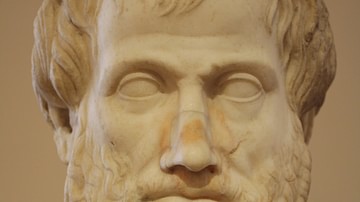
Definition
Aristotle
Aristotle of Stagira (l. 384-322 BCE) was a Greek philosopher who pioneered systematic, scientific examination in literally every area of human knowledge and was known, in his time, as "the man who knew everything" and later simply as "The...
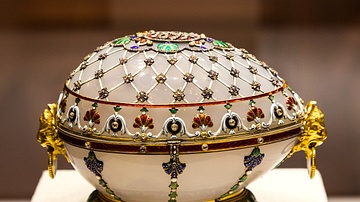
Image
Renaissance Egg by Fabergé
The 1894 Renaissance Egg by Peter Carl Fabergé (1846-1920). The egg was given by Tsar Alexander III (r. 1881-1894) to his wife Marie Feodorovna. The egg is made of opaque agate with enameled gold mounts. The egg measures 13.5 cm (5.3 in...
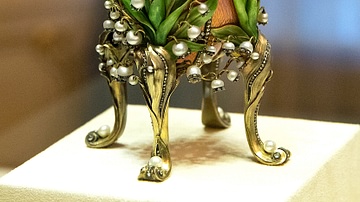
Image
Lilies of the Valley Egg by Fabergé
The 1898 Lilies of the Valley Egg by Peter Carl Fabergé (1846-1920). The egg was given by Tsar Nicholas II (r. 1894-1917) to his wife Alexandra Feodorovna. The egg is made of gold and pink enamel with pearl, diamond, and ruby decoration...